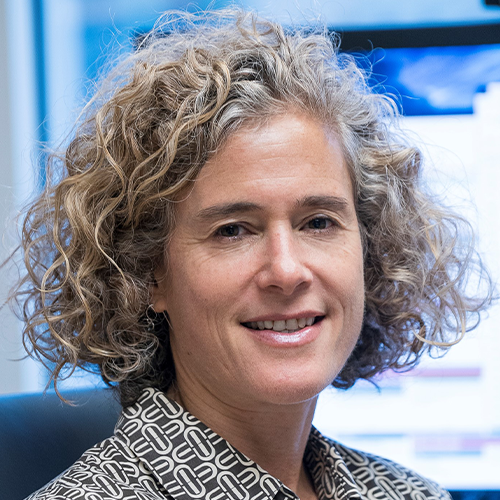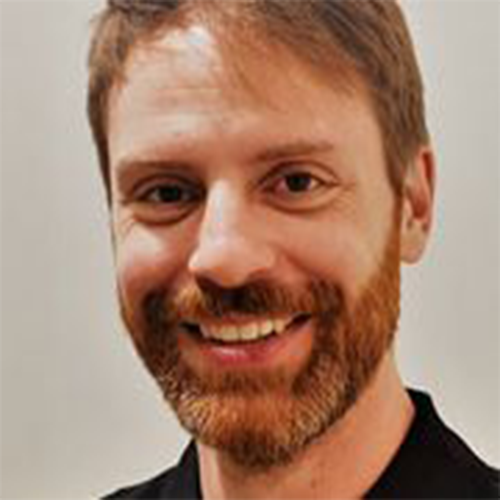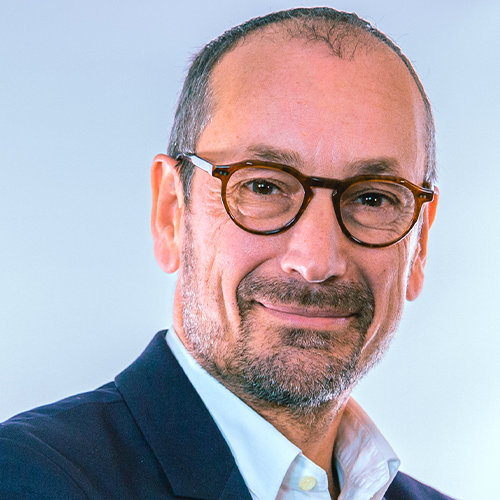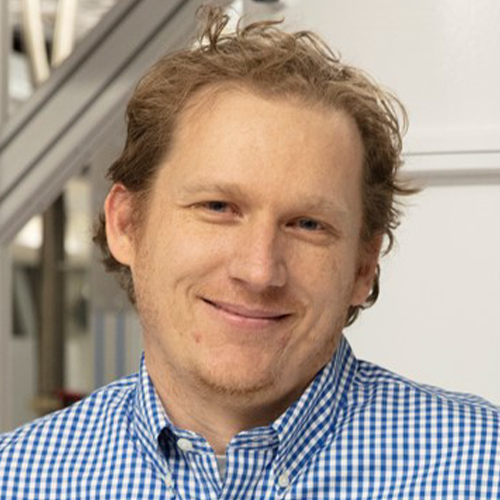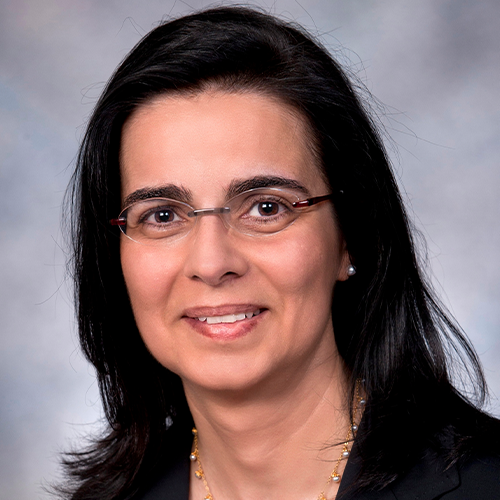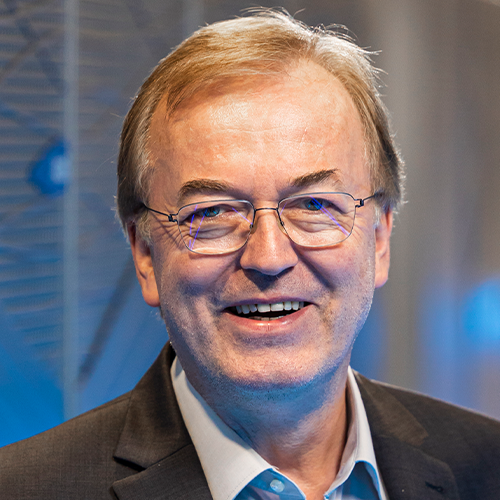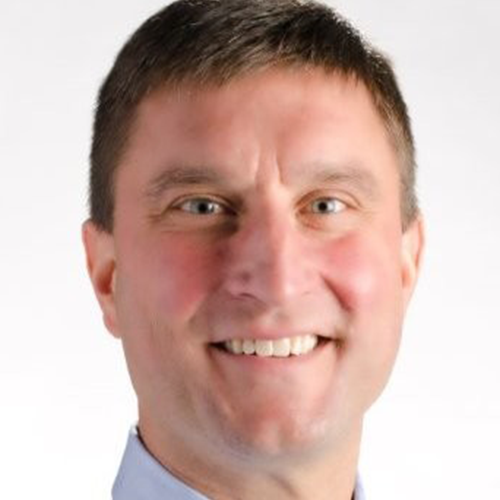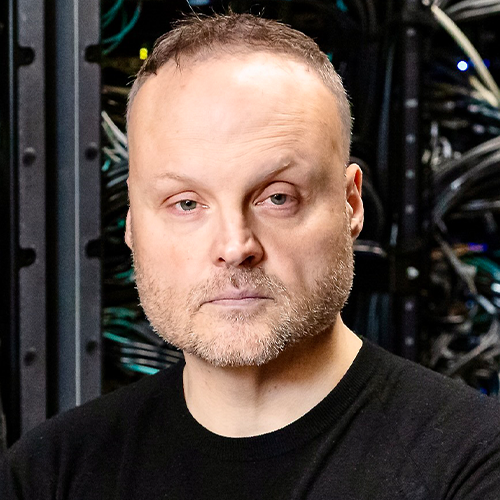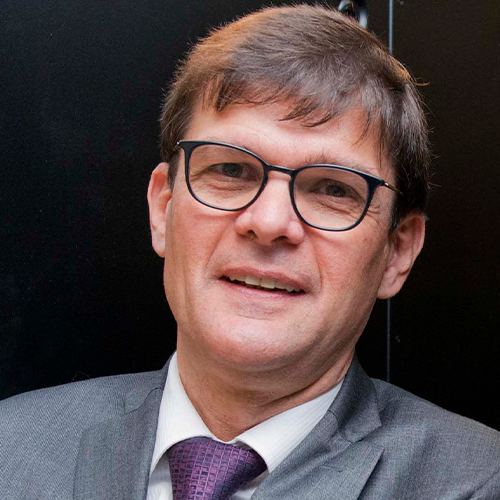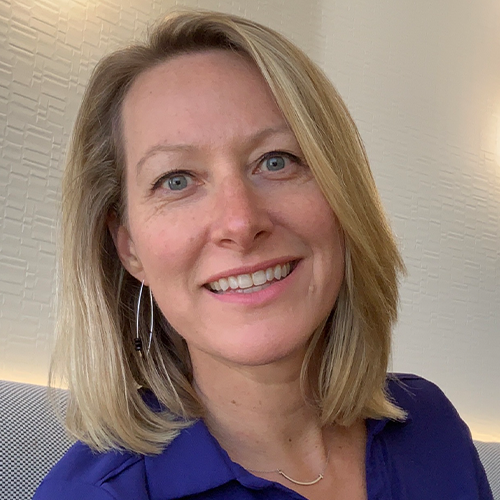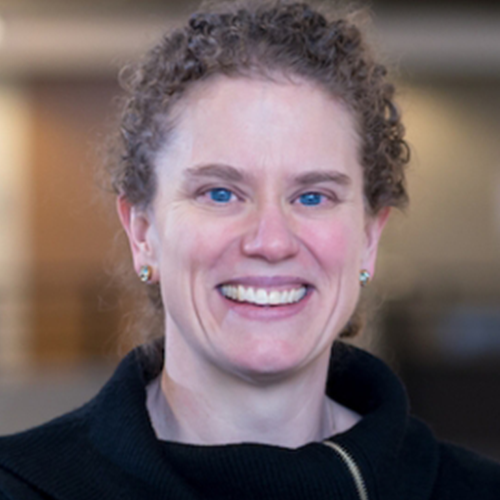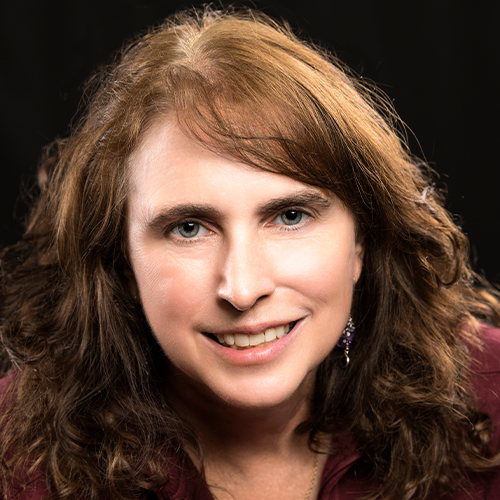
Candace Culhane
Program/Project Director, Los Alamos National Lab
Congratulations on your selection as a 2022 HPCwire Person to Watch and, more importantly, as General Chair for SC22. Can you talk about your experience with the conference, where it’s been, and where you see it going?
The SC conference series is powered by an amazing community of volunteers and a cadre of professional experts who work hard every year to bring the SC Conference to vibrant life. It’s a real pleasure to work with this community, solving problems and exploring new concepts. Each day I get exposed to challenges that are being solved by these wonderful people working together.
My first SC was in 1992 in Minneapolis, and it was dazzling. It was also a time of disruptive change in the industry, as had been previewed by Eugene Brooks when he gave his talk on ATTACK OF THE KILLER MICROS at Supercomputing 1990. The industry was transformed during the 1990s with the rise of massively parallel processing (MPPs) and then it grew steadily to the cadence of Moore’s Law. The breadth and width of programming and things to see at SC grew as well with attendance figures at SC increasing year after year.
Just three years ago we were in Denver, with our largest attendee numbers ever. Then the pandemic came upon us and SC20 had to blaze a trail into the virtual world, which they did with élan. Not only did SC20 deliver a virtual conference on schedule, they were able to offer all the aspects of the conference, including technical papers, panels, exhibits, BOFs, Tutorials and Workshops – this was a tremendous accomplishment. SC21 built upon this success, returning with both a physical in person conference and a virtual experience, exceeding everyone’s expectations.
Going forward, you can expect that SC will remain committed to both an outstanding in person conference and a digital experience for those who are unable to attend in person. SC will remain *the* conference to see it all when it comes to HPC, and to see where HPC is going.
We’ve seen that the theme for SC22 is “HPC Accelerates.” Why was this theme was chosen and what do you hope to inspire in the community?
Life is change. We’ve all heard that, right? Expect the unexpected. We’ve heard that too. And we’ve all seen plenty of both of these things all around us in these interesting times. People and organizations want answers, solutions, and insight right now. The pressure to deliver results is unprecedented. How can HPC answer this call?
The theme of HPC Accelerates is meant to capture the dizzying pace we are all working at these days. The application of big systems and new software stacks is answering questions and crunching data faster than ever before, and anyone who works in this field knows that this trend is going to continue to accelerate all around us.
There’s another aspect of HPC Accelerates, and that is the rise of novel computing structures that can accelerate the time to solution for some problems faster than conventional computing substrates. These structures and substrates can run the gamut from the now familiar GPU processors to novel ones ranging from neural network chips to quantum computing systems.
Our hope is to inspire everyone in the community to see themselves and their work hi-lited, and to come learn about things they haven’t tried yet. Everyone wants to deliver results faster, and HPC Accelerates to accomplish this goal.
Can you give us a peek into your role at Los Alamos and what that role entails? How has the landscape changed for HPC since you’ve been there?
I’m a Program/Project Manager in the Associate Lab Directorate for Simulation and Computation. In this role, I oversee studies and build relationships. I represent Los Alamos National Laboratory in several areas, including as a steering member of the Chesapeake Large Scale Analytics Conference, co-leading the Quantum Initiative for the Institute of Electrical and Electronics Engineers (IEEE), founding member of the IEEE Quantum Computing and Engineering Conference, member of the HPC User Forum Steering Committee, the Quantum Economic Development Consortium, and the Council on Competitiveness, in addition to serving the SC community.
HPC is an active discipline, growing and continuing to evolve, becoming more heterogeneous. In the old days, HPC was sometimes referred to as “Big Iron”. Well, HPC systems have certainly gotten big. But they’re much more than just iron, exploring architectures beyond RISC microprocessors, investigating new computational substrates such as neural net-based computers, quantum computers, and expanding the usage of HPC beyond scientific simulation into machine learning and AI. The challenge of programming and managing these systems has grown substantially, and LANL is a great environment for people to take on these new challenges, learning new programming models and developing new algorithms, like the work that LANL is leading on Quantum Algorithms as part of the Quantum Science Center.
What inspired you to pursue a career in STEM and what advice would you give to young people wishing to follow in your footsteps?
My inspiration to follow a STEM career came from my parents and my teachers. My parents were strong believers in education. My father had a PhD in Chemistry and my mother had a Master’s degree in Music Education. They set high academic expectations and I did well in school, including being a National Merit Scholar. I had some wonderful Science and Math teachers in Junior and Senior high school, and my high school offered a computer programming class my senior year. We had tremendous fun programming a DEC PDP 8e in BASIC (with paper tape) which got me interested in studying computer science. The 1970s were an interesting time, my college computer science classes were half women, half men and that seemed very natural and unremarkable.
My advice to young people today is to talk with people you know and respect about their STEM careers. Ask their advice, and seek their encouragement. Find a subject that really interests you, and delve into it. It will be fun, but it will also be hard work. And it comes with a wonderful sense of satisfaction as you come to deeply understand the subject you are studying.
Outside of the professional sphere, what can you tell us about yourself – unique hobbies, favorite places, etc.? Is there anything about you your colleagues might be surprised to learn?
I have a lifelong love of music, both singing and playing instruments, including the flute, hammered dulcimer and bass guitar. I also enjoy skiing, cooking, crochet and urban hiking around Washington DC. My colleagues may or may not be surprised to learn that I recently earned a second MS degree, this one is in Data Analytics. There’s always something new to learn!
